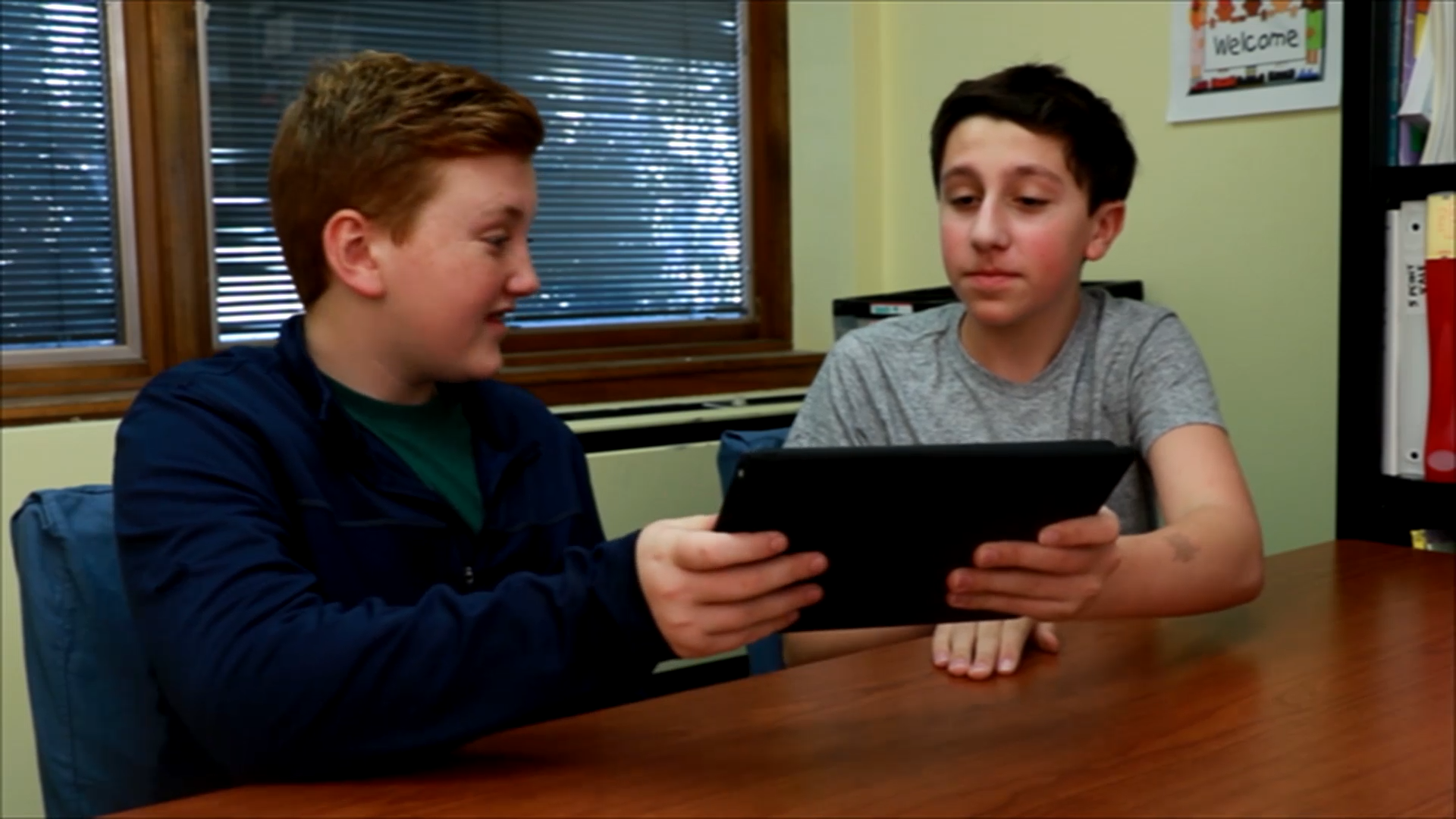
Introduction
Turn-taking is a fundamental social skill that kindergarten students need to learn in order to develop positive relationships with their peers. By practicing turn-taking, children learn to share, cooperate, and communicate effectively with others. This blog post will outline a no-prep activity for teaching turn-taking, followed by discussion questions and related skills to further enhance students’ social-emotional learning.
No-Prep Activity
To teach turn-taking skills without any preparation or materials, you can use the following simple activity called “Turn-taker’s Circle.” This activity encourages students to practice waiting for their turn while participating in a group game.
- Have the students stand in a circle.
- Choose one student to be the leader and stand in the middle of the circle.
- The leader starts by performing a simple action, such as clapping their hands or jumping.
- Going clockwise, each student in the circle takes turns repeating the leader’s action.
- When it’s the leader’s turn again, they perform a new action, and the process repeats.
- Continue the game for several rounds, allowing each student to have multiple turns.
Throughout the activity, remind students to wait patiently for their turn and to pay attention to the actions of their peers. This will help them develop their turn-taking skills and improve their ability to focus and cooperate in group settings.
Discussion Questions
After completing the Turn-taker’s Circle activity, engage your students in a conversation about their experience and the importance of turn-taking. Here are some discussion questions to help guide the conversation:
- How did it feel when it was your turn to perform an action in the circle? How did it feel when you were waiting for your turn?
- Why is it important to wait for our turn in games and activities? How does it help us get along with others?
- Can you think of other situations where you need to wait for your turn? How do you handle those situations?
- How can we practice patience while waiting for our turn?
- What are some ways we can show kindness and support to others while they are taking their turn?
Related Skills
In addition to turn-taking, there are several other social-emotional skills that are important for kindergarten students to develop. These include:
- Active Listening: Paying attention to what others are saying, making eye contact, and responding appropriately.
- Sharing: Offering to share toys, materials, or experiences with others, and being open to receiving from others.
- Cooperation: Working together with peers to complete tasks, solve problems, or engage in group activities.
- Empathy: Understanding and sharing the feelings of others, and offering support and comfort when needed.
- Respect: Treating others with kindness, consideration, and valuing their opinions and feelings.
Next Steps
Now that you have learned about the importance of turn-taking and how to teach this skill through a simple no-prep activity, you can continue to support your students’ social-emotional learning by exploring additional resources. To access free samples of skill-building materials that can help strengthen your students’ social-emotional competencies, sign up at Everyday Speech’s sample materials page.










